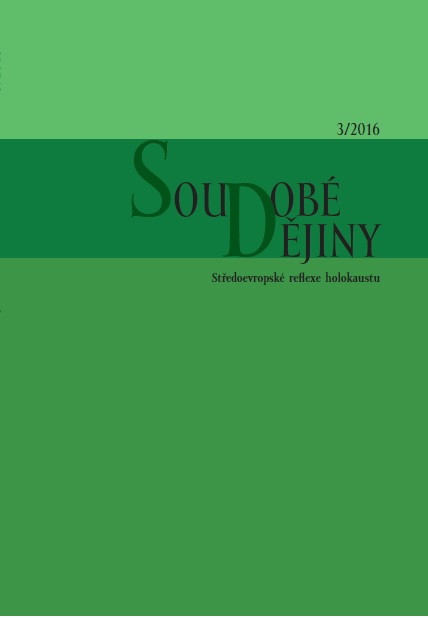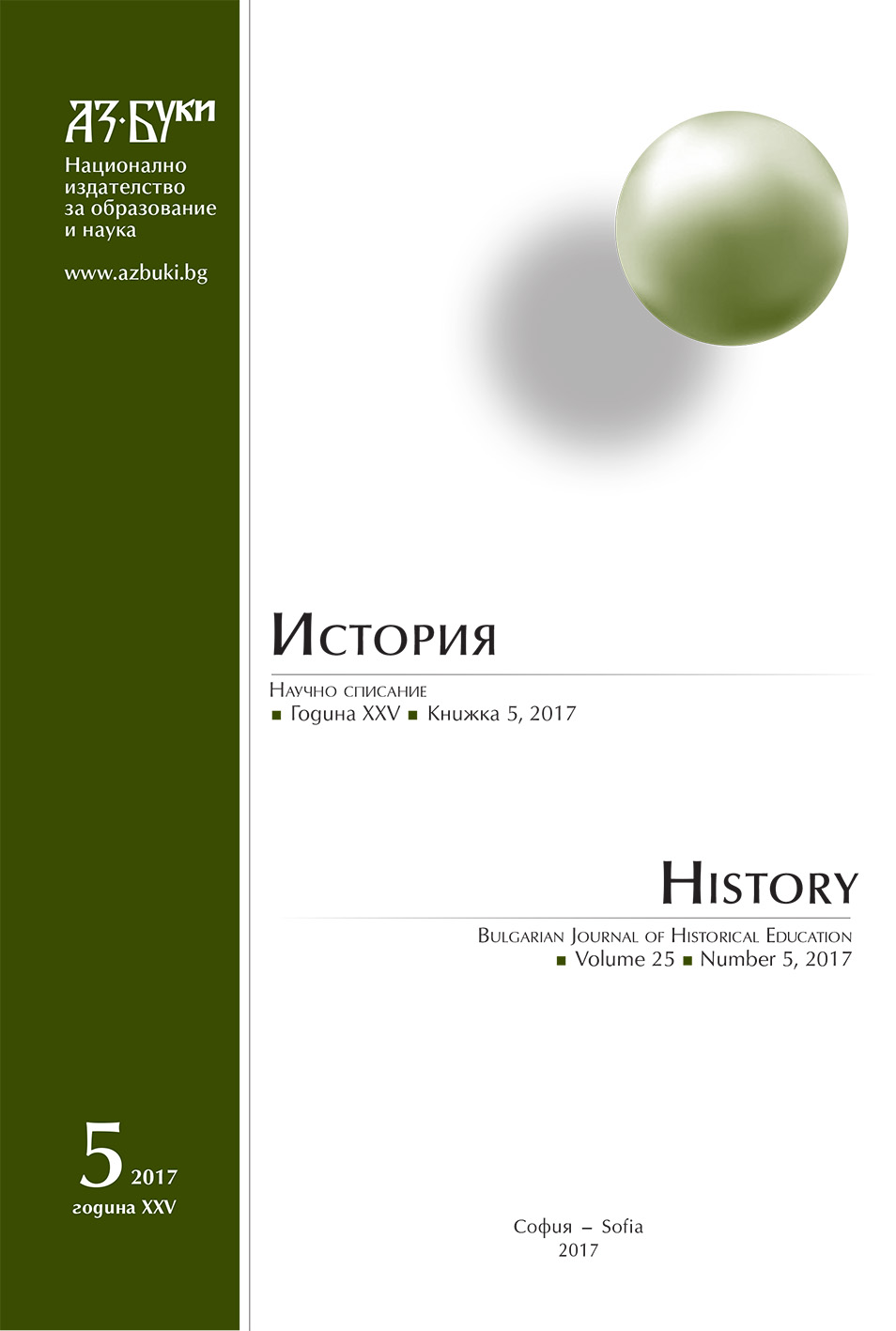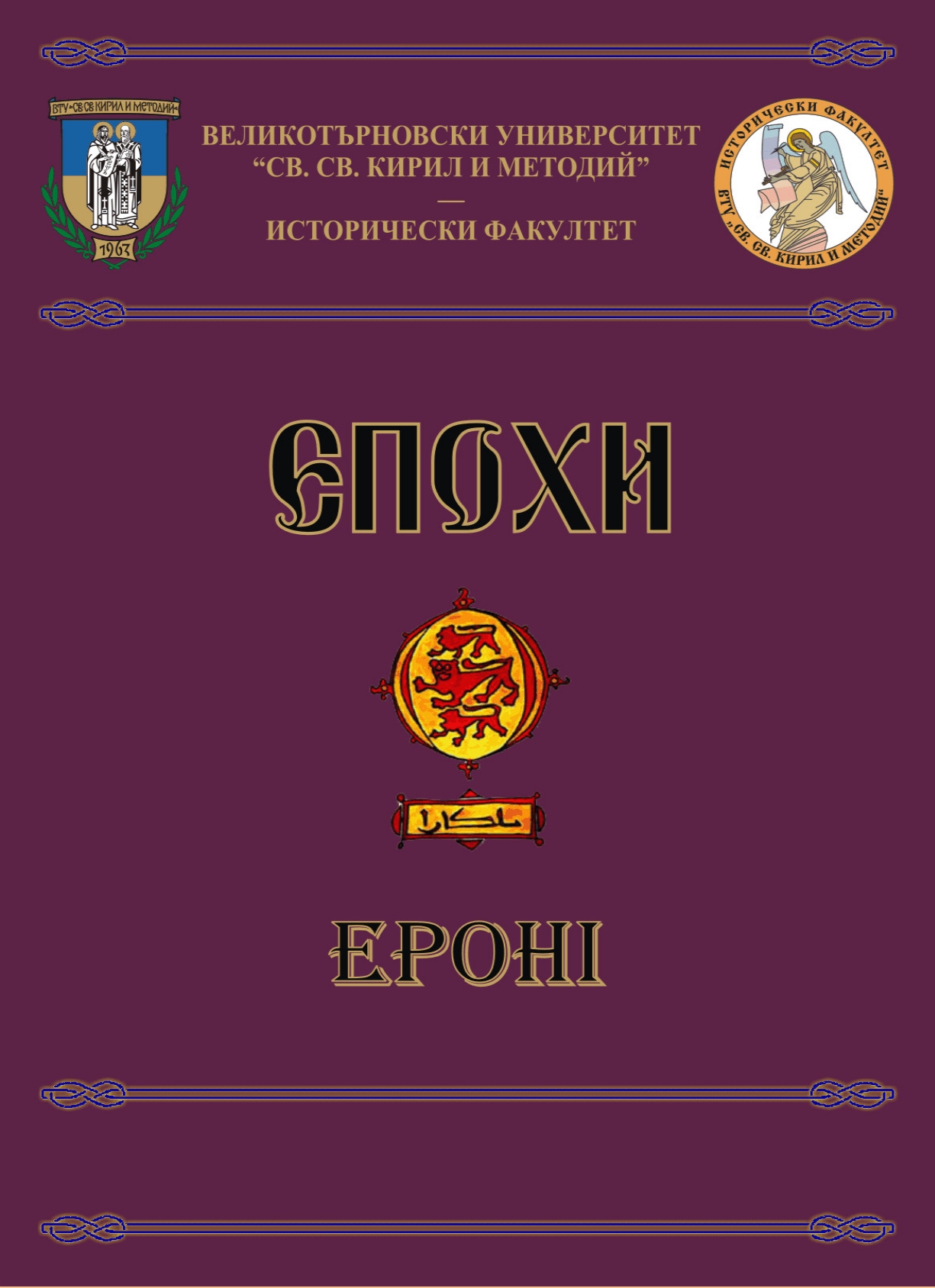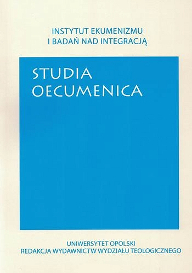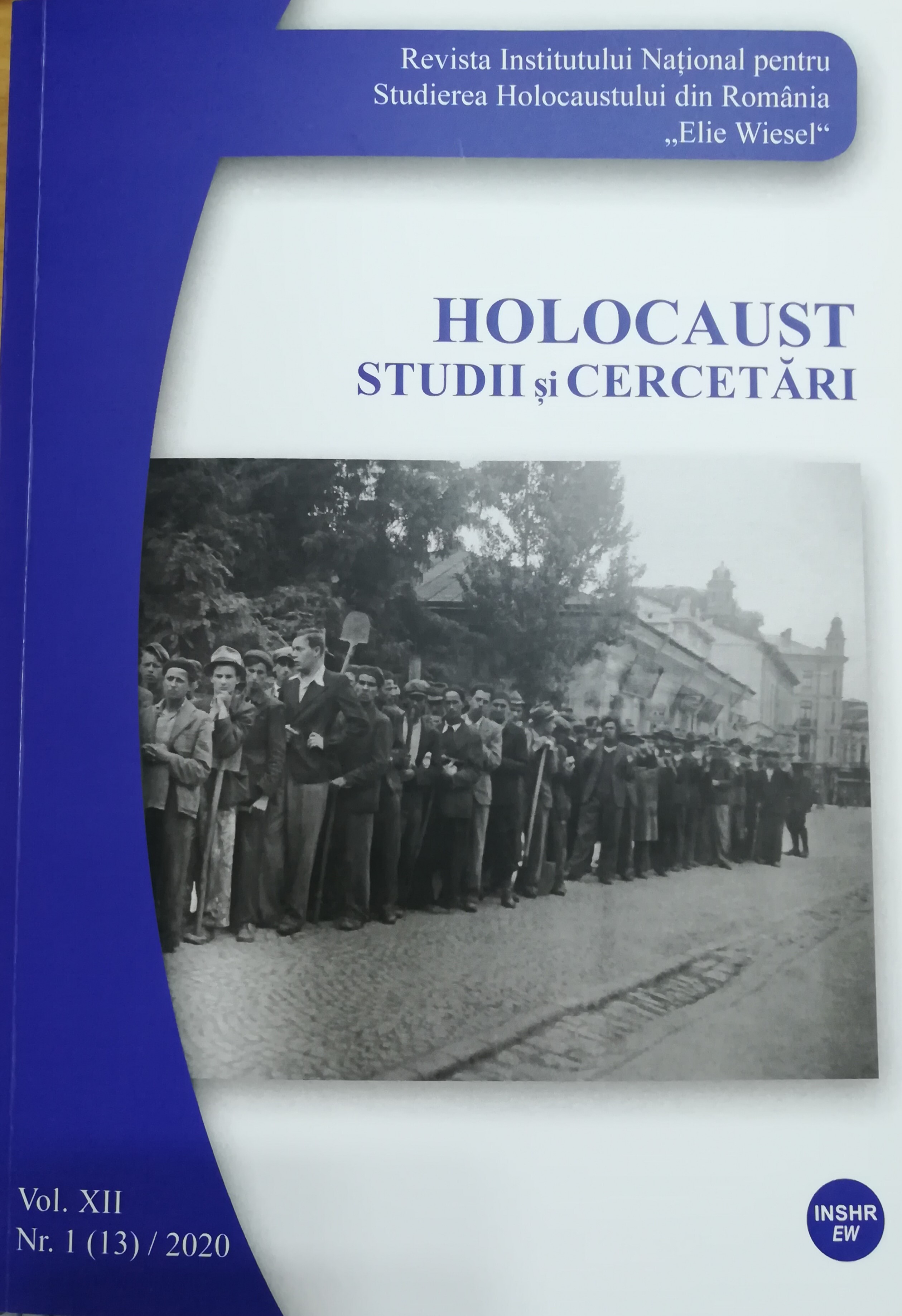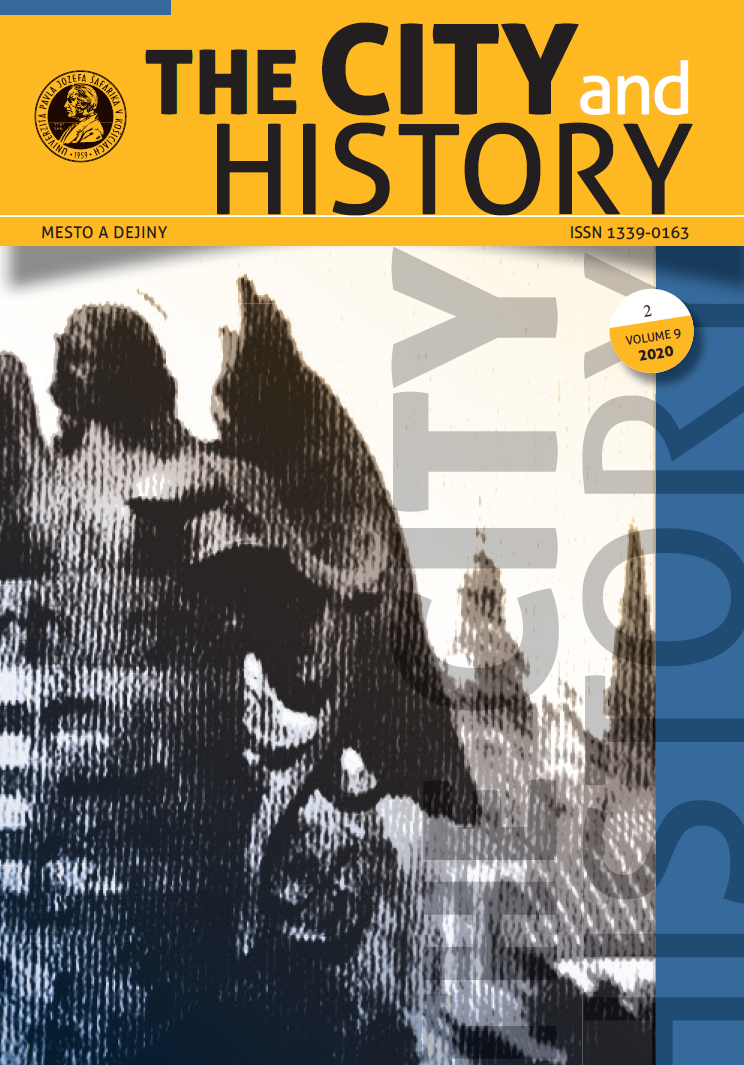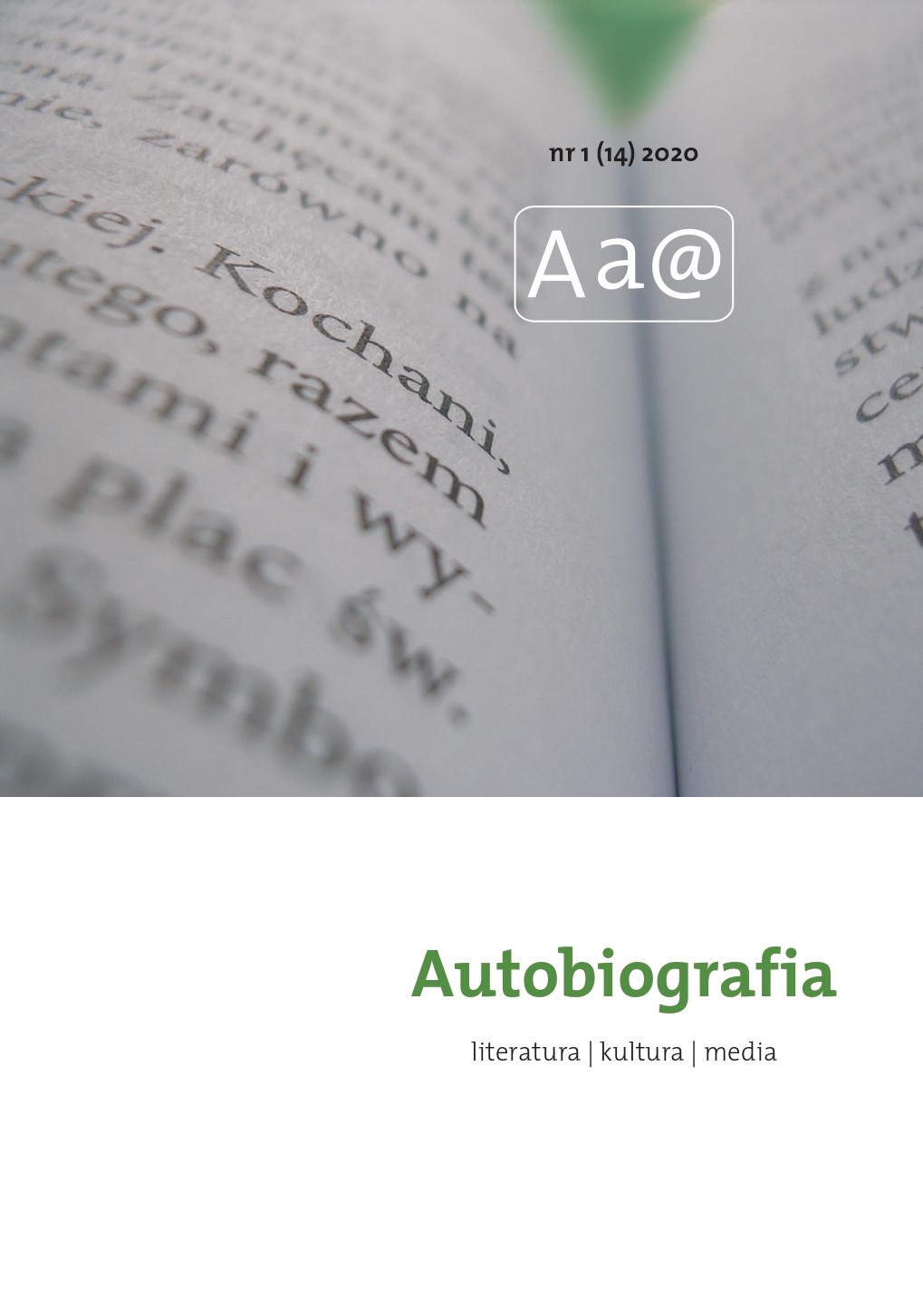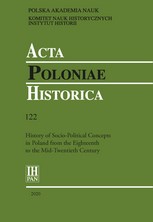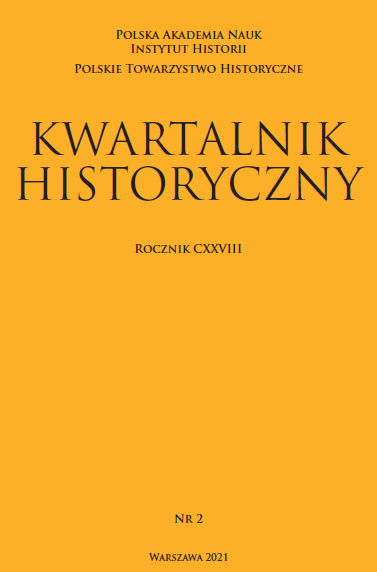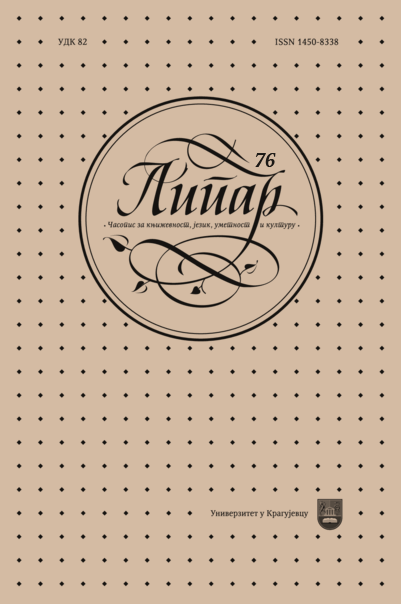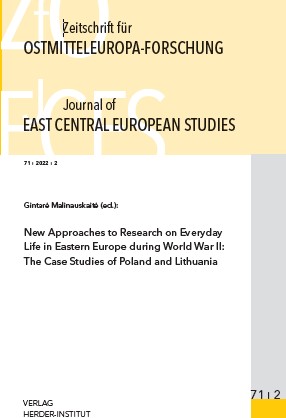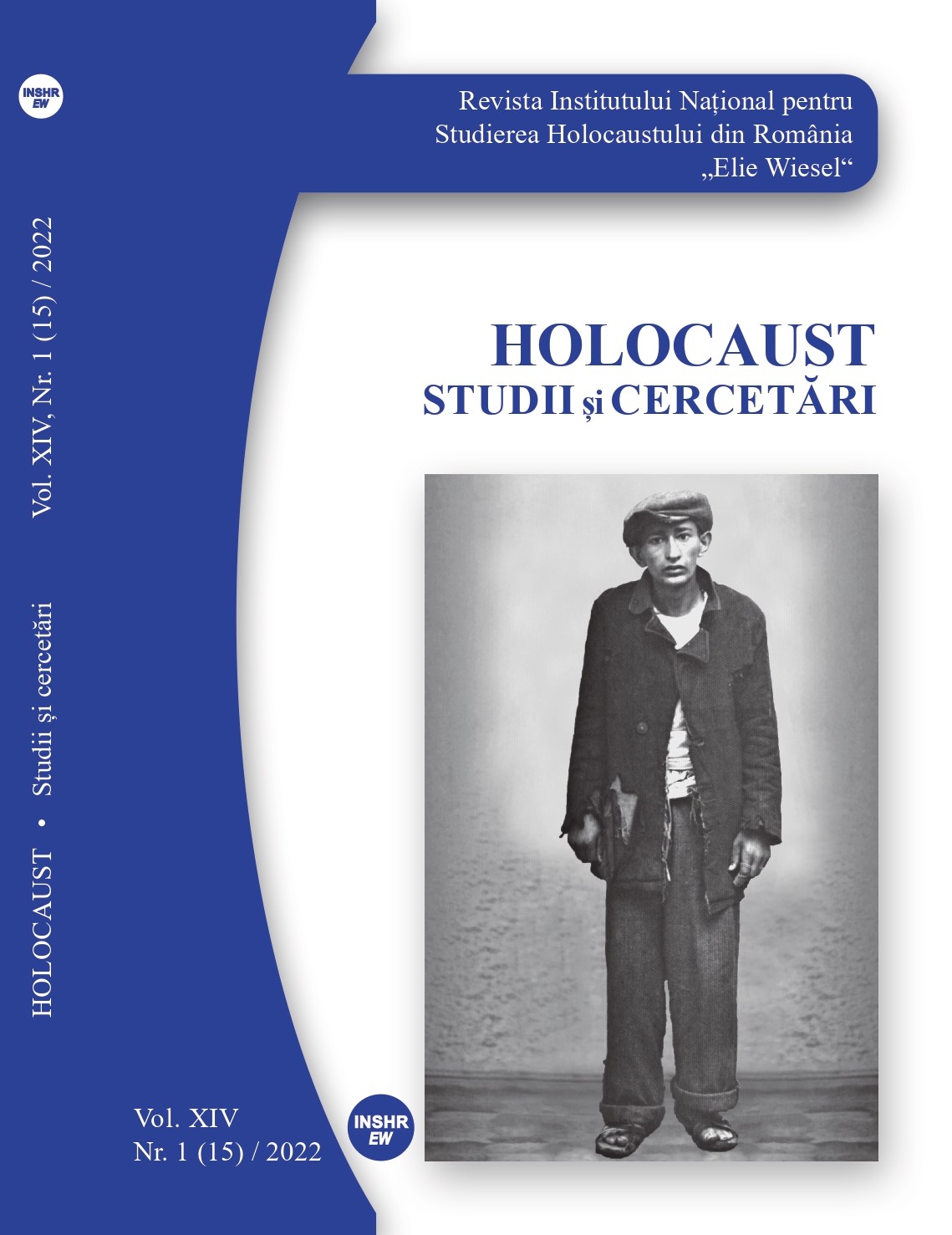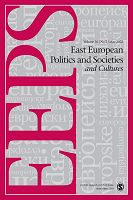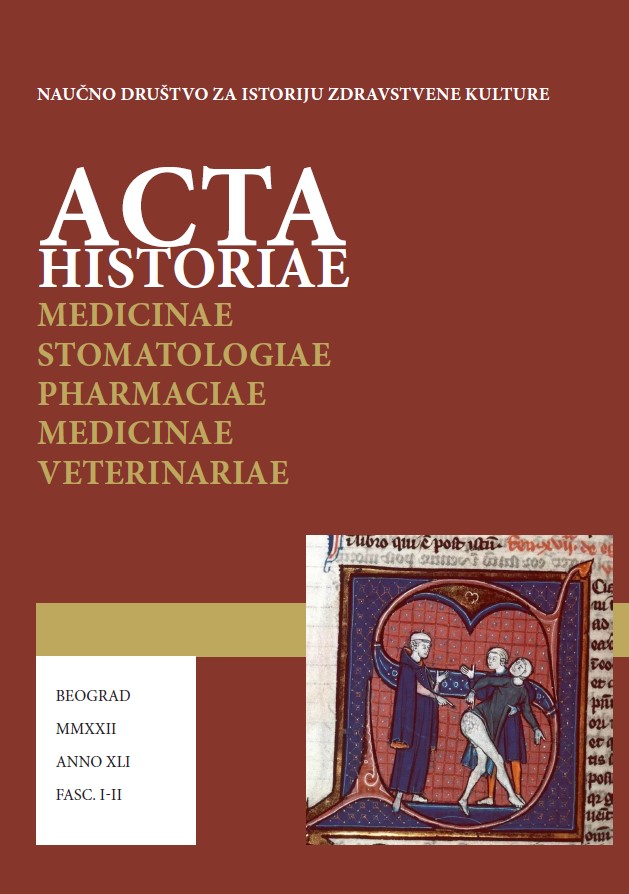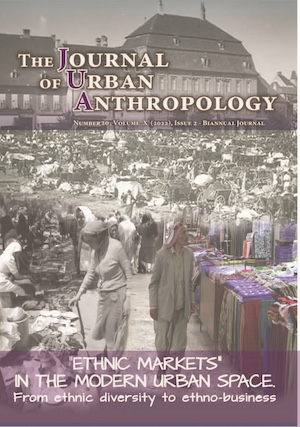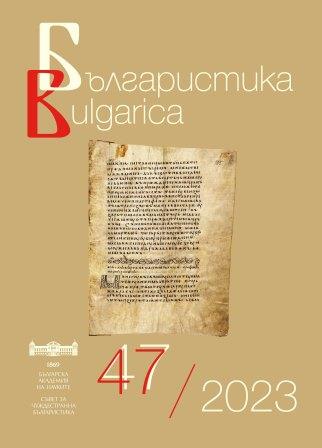Author(s): Antoni Grabowski,Marta Jaworska-Oknińska,Bartosz Kaliski,Adam Kożuchowski,Grzegorz Krzywiec,Rafał Rutkowski,Hubert Wilk / Language(s): English
Issue: 122/2020
General works:
Marcin Wołoszyn (ed.), Od Grodów Czerwieńskich do Linii Curzona. Dzieje środkowego Pobuża w wiekach średnich oraz postrzeganie formowania się wschodniej granicy Polski w historiografii XVIII–XXI wieku [From Cherven Towns to Curzon Line. The Lands on the Middle Bug during the Middle Ages and the Historiographic Perspective on the Formation of Poland’s Eastern Border, 18th–21st cc.], vols 1–2, Instytut Archeologii i Etnologii PAN, Kraków–Leipzig–Rzeszów–Warszawa, 2017, Instytut Archeologii Uniwersytetu Rzeszowskiego, Leibniz Institute for the History and Culture of Eastern Europe, 720+696 pp., indices; series: U źródeł Europy Środkowo-Wschodniej / Frühzeit Ostmitteleuropas, 1
Mateusz Ratyński, Jan Dębski (1889–1976). Polityk kompromisu [Jan Dębski (1889–1976): A Politician of Compromise], Warszawa, 2019, Muzeum Historii Polskiego Ruchu Ludowego, 414 pp., index of persons, bibliog., list of acronyms/abbreviations
Marek Kornat and Rafał Łatka (eds), Polskie wizje i oceny komunizmu (1917–1989) [Polish Visions and Evaluations of Communism, 1917–1989], Warszawa, 2020, Instytut Historii im. Tadeusza Manteuffla Polskiej Akademii Nauk, Instytut Pamięci Narodowej – Komisja Ścigania Zbrodni przeciwko Narodowi Polskiemu, 384 pp., index of persons
Wokół Pierwszego Marszałka Polski Józefa Piłsudskiego, męża stanu, wodza i bohatera narodowego [Studies on Józef Piłsudski, a Statesman, Soldier, and National Hero], ed. by Aleksander Smoliński and Jarosław Durka, Toruń, 2020, Uniwersytet Mikołaja Kopernika, 348 pp., 16 ills
Marta Kubiszyn, Niepamięć – post-pamięć – współpamięć. Zagłada lubelskich Żydów jako przedmiot kultury pamięci [Oblivion – Post-Memory – Co-Memory: The Annihilation of the Jews of Lublin as an Object of Remembrance Culture], Lublin, 2019, Wydawnictwo Uniwersytetu Marii Curie-Skłodowskiej, 238 pp., index of names, bibliog., ills, list of ills, English sum.
Wojciech Drelicharz, Unifying the Kingdom of Poland in Medieval Historiographic Thought, transl. Anna Skucińska, Kraków, 2019, Towarzystwo Naukowe Societas Vistulana, 477 pp., bibliog., maps, indices, ills, list of abbreviations
Kamil Kajkowski, Obrzędowość religijna Pomorzan we wczesnym Średniowieczu. Studium archeologiczne [The Religious Rites and Rituals of Early Medieval Pomeranians. An Archaeological Study], Wrocław, 2019, Wydawnictwo Chronicon, 494 pp., indices of local names and supernatural beings, English sum., ills, maps, bibliog
Stanisław Rosik, The Slavic Religion in the Light of 11th- and 12th-Century German Chronicles (Thietmar of Merseburg, Adam of Bremen, Helmold of Bosau). Studies on the Christian Interpretation of Pre-Christian Cults and Beliefs in the Middle Ages, transl. Anna Tyszkiewicz, Leiden–Boston, 2020, Brill, 442 pp., bibliog., indices, figures, map; series: East Central and Eastern Europe in the Middle Ages, 450–1450, 60
Adrian Jusupović, Kronika halicko-wołyńska (Kronika Romanowiczów) w latopisarskiej kolekcji historycznej [The Halychian-Volhynian Chronicle (the Romanovych Chronicle) in the letopis Historical Collection], Kraków, 2019, Instytut Historii PAN – Avalon, 208 pp., bibliog., English sum., index of persons, geographical and ethnic names, ills
Andrzej Karpiński, in cooperation with Emil Kalinowski and Elżbieta Nowosielska, Pożary w miastach Rzeczypospolitej w XVI–XVIII wieku i ich następstwa ekonomiczne, społeczne i kulturowe. Katalog [Fires in the Cities of the Polish-Lithuanian Commonwealth in the Sixteenth to Eighteenth Centuries and Their Economic, Social and Cultural Consequences. A Catalogue], Wydawnictwa Uniwersytetu Warszawskiego, Warszawa, 2020, 334 pp.
Anna Grześkowiak-Krwawicz (ed.), „Najwyższa Pani swoich praw”. Idee wolności, niepodległości i suwerenności Rzeczypospolitej 1569–1795 [“The Supreme Lady of Her Rights”. The Ideas of Freedom, Independence and Sovereignty of the Polish-Lithuanian Commonwealth, 1569–1795], Warszawa, 2019, Muzeum Historii Polski, Polskie Towarzystwo Badań nad Wiekiem Osiemnastym, Wydawnictwo Instytutu Badań Literackich PAN, 345 pp., index of persons
Piotr Ugniewski (ed.), „Skłócony naród, król niepewny, szlachta dzika”? Polska stanisławowska w świetle najnowszych badań [“Nation Conflicted, King Uncertain, Noblemen Savage”? Poland under King Stanislaus Augustus in the Light of Recent Research], Warszawa, 2020, Wydawnictwo Neriton, Muzeum Historii Polski, 282 pp., 4 ills in colour
Dorota Malczewska-Pawelec and Tomasz Pawelec, Karol Szajnocha. Codzienność, kobiety, historiografi a [Karol Szajnocha. Everyday Life, Women, Historiography], Katowice, 2019, Uniwersytet Śląski, 284 pp., personal index, English and German sum.
Grzegorz Kucharczyk (ed.), Pierwsza niemiecka okupacja: Królestwo Polskie i kresy wschodnie pod okupacją mocarstw centralnych 1914–1918 [The First German Occupation: the Kingdom of Poland and the Eastern Borderland Occupied by the Central Powers, 1914–1918], Warszawa, 2019, Instytut Historii PAN, 872 pp., index of persons, German sum.
Metamorfozy społeczne [Social Metamorphoses], xxii: Wokół nowej syntezy dziejów Drugiej Rzeczypospolitej [Around a New Synthetic Review of the History of the Second Republic of Poland], ed. by Włodzimierz Mędrzecki, Warszawa, 2019, IH PAN, 192 pp., notes on authors, index of persons
Dziennik Stanisława Borkowskiego, konserwatywnego ziemianina z jędrzejowskiego Lipna (1919–1921) [The Diary of Stanisław Borkowski, a Conservative Landowner from Lipno, County of Jędrzejów (1919–1921)], ed. by Mariusz Nowak, Kielce, 2019, Kieleckie Towarzystwo Naukowe, Wydawnictwo Uniwersytetu Jana Kochanowskiego, LXXXI + 201 pp., bibliog., webography, index
Edyta Majcher-Ociesa, Interwencjonizm państwowy w przemyśle Drugiej Rzeczypospolitej w latach 1930–1939 [State Interventionism in the Industry of the Second Republic of Poland (1930–1939)], Kielce, 2019, Kieleckie Towarzystwo Naukowe, Wydawnictwo Uniwersytetu Jana Kochanowskiego, 439 pp., tables, list of tables, bibliog., index of persons, English sum.
Piotr M. Majewski, Kiedy wybuchnie wojna? 1938. Studium kryzysu [When Will the War Break Out? 1938: A Study of the Crisis], Warszawa, 2019, Wydawnictwo Krytyki Politycznej, 458 pp., bibliog., ills, index; series: Seria historyczna, 36
Marek Rodzik, Polska a Wielka Brytania: od kryzysu sudeckiego do 15 marca 1939 roku [Poland and Great Britain: From the Sudeten Crisis to 15 March 1939], Warszawa, 2019, Instytut Pamięci Narodowej – Komisja Ścigania Zbrodni przeciwko Narodowi Polskiemu, 175 pp., bibliog., index of persons, list of acronyms/abbreviations, English sum.; series: Monografie, 141
Gustaw Herling-Grudziński and Jerzy Giedroyć, Korespondencja [Correspondence], i: 1944–1966; ed. by Włodzimierz Bolecki (chief editor), Sylwia Błażejczyk-Mucha, Andrzej Stanisław Kowalczyk, Aleksandra Siwek, Violetta Wejs-Milewska, Marzena Woźniak-Łabieniec, Mirosław Wójcik, and Marek Żebrowski, Kraków, 2019, Wydawnictwo Literackie, 900 pp., index, reproductions, ills; series: Dzieła zebrane. Gustaw Herling-Grudziński, 12
More...
